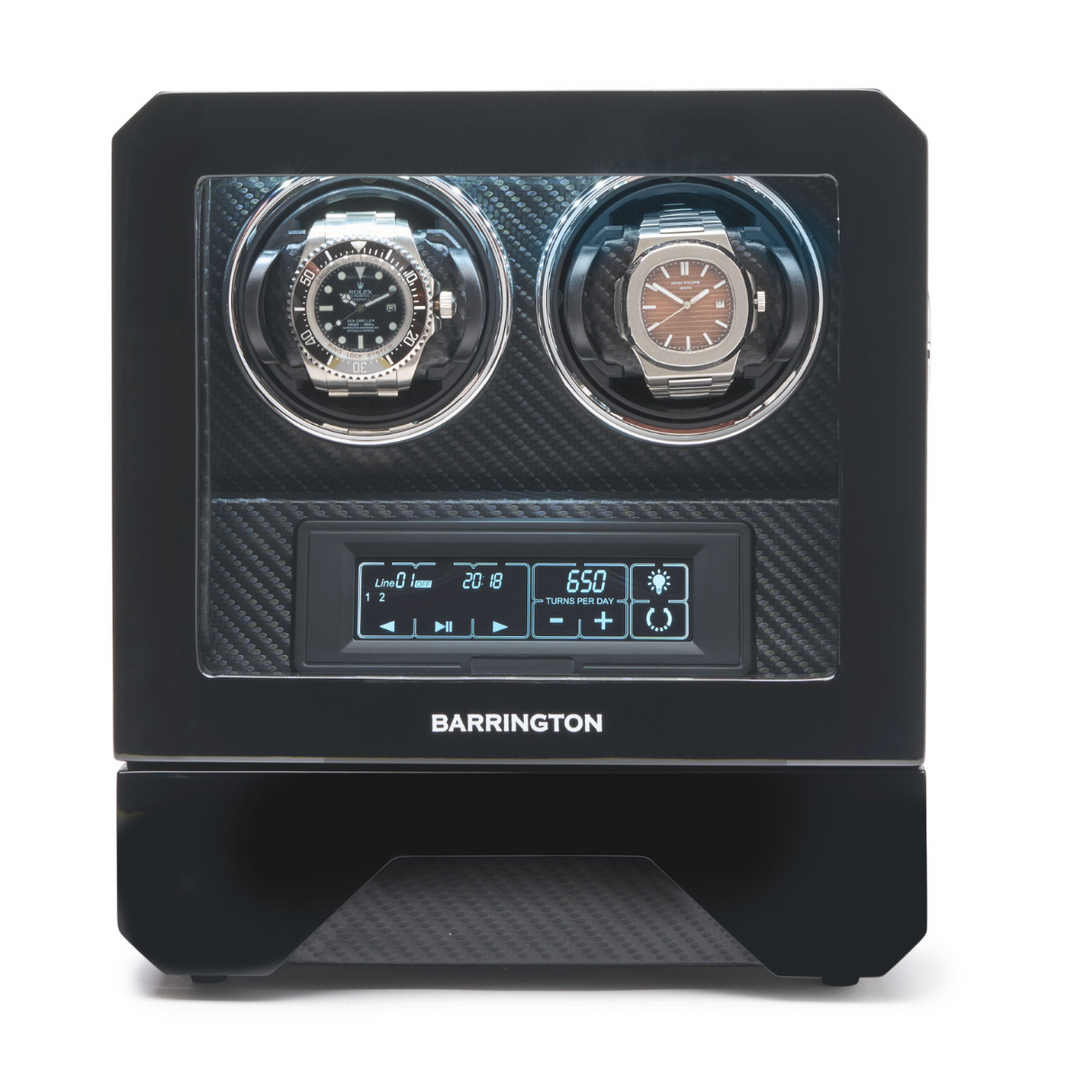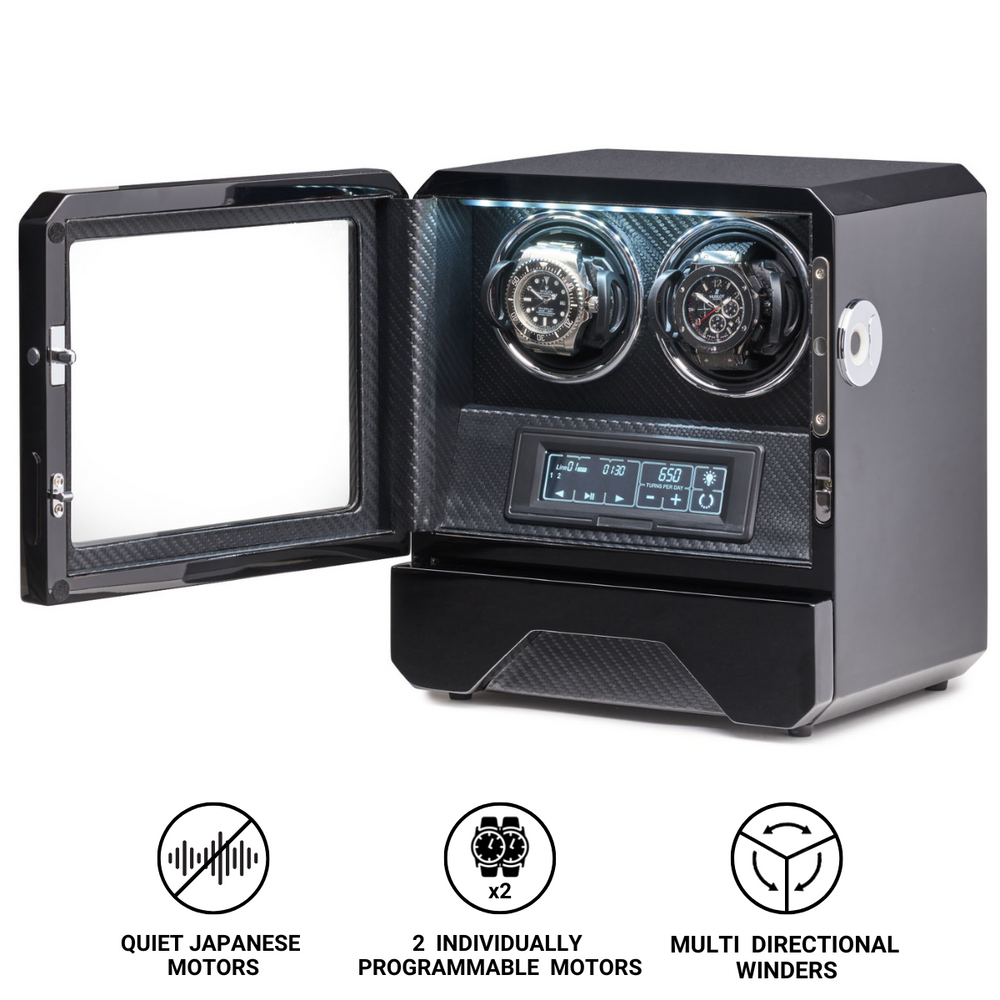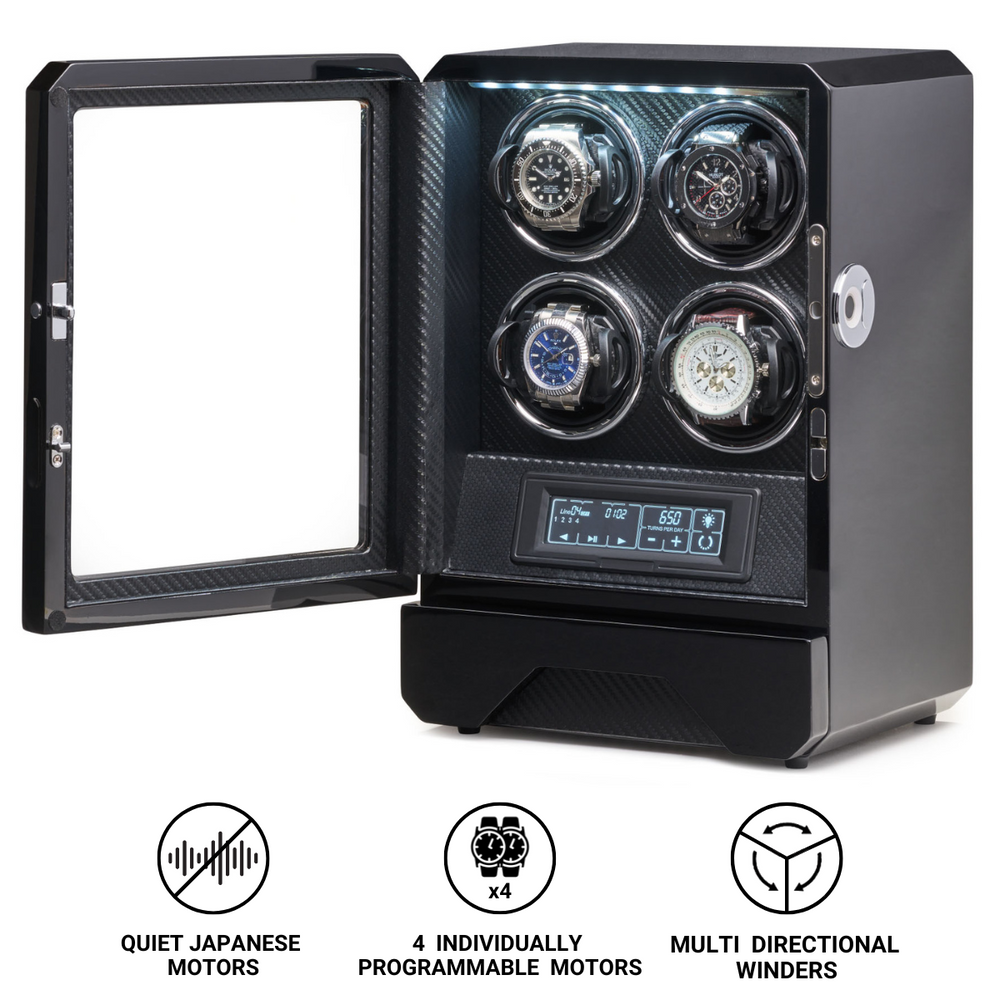The Fondation de la Haute Horlogerie: Sustaining the Cultural and Educational Future of Watchmaking
As the Fondation de la Haute Horlogerie (FHH) marks its 20th anniversary, the watch industry is undergoing both internal transformation and external challenges. Founded in 2004 by Audemars Piguet, Girard-Perregaux, and the Richemont Group, the FHH has gradually established itself as a key institution for safeguarding the values, techniques, and educational infrastructure of fine watchmaking. Under the continued influence of Franco Cologni, who played a central role in its creation, the Foundation has expanded its scope from a small group of founding maisons to a growing collective of 37 partner brands, ranging from historical manufactures to younger independents.
A Mission of Education and Cultural Access
The Fondation operates under a three-pillar structure: Watches and Culture, the FHH Academy, and the FHH Forum. Each arm serves a distinct purpose, but collectively they form a framework for sustaining the horological arts in a rapidly evolving landscape.
Watches and Culture represents the Foundation’s public-facing division, encompassing exhibitions, media content, and community outreach. A recent example is the "Watch Makers" exhibition in Geneva, which coincided with the Foundation’s anniversary and provided an immersive experience into the métiers of Swiss watchmaking. Displayed at the Pont de la Machine, the exhibition offered interactive installations that introduced visitors to perlage, anglage, and gear train construction. Admission was free, reinforcing the Foundation's commitment to accessibility.
The FHH Academy focuses on professional education and certification. It offers training to industry staff and aims to raise the level of horological knowledge among retail professionals and boutique personnel. Plans are underway to extend this offering to the public through an online programme, creating a structured educational pathway for enthusiasts and collectors worldwide.
The FHH Forum, meanwhile, provides a platform for dialogue among industry leaders, allowing them to address critical topics in horology. These have included ethical sourcing, the future of mechanical craftsmanship, and the implications of digital platforms for luxury retail.
A Unique Role in a Competitive Industry
Unlike trade associations or lobbying bodies, the FHH functions as a neutral institution with a cultural and educational mandate. It does not advocate for specific commercial interests, nor does it limit its support to a narrow definition of haute horlogerie. Its scope has gradually expanded to include brands such as Oris and TAG Heuer, alongside traditional names like Vacheron Constantin, A. Lange & Söhne, and Grönefeld.
The Foundation does not define excellence solely by finishing or traditional craft, but also considers innovation, accessibility, and educational outreach. This pragmatic stance reflects an industry in which value can be found in both artisanal watchmaking and high-quality industrial production. In that spirit, the Foundation has expressed interest in newer brands that demonstrate long-term commitment to horological development, with Furlan Marri often cited as an example of accessible design combined with mechanical integrity.
Funding and Strategic Challenges
While the FHH is not a commercial entity, it operates in a market environment subject to financial pressures. Economic headwinds, increased production costs, and cautious consumer sentiment have placed constraints on many industry players, including those who support the Foundation.
Despite these challenges, the Foundation continues to offer free public programmes and educational content, funded in large part by its partner brands. Maintaining this funding model remains a key issue. The Foundation has openly expressed the need for broader participation from the industry in order to scale its activities and expand its global reach. Its current ambition is to act as a unifying presence across all segments of the watch market, not just the upper tier.
The Value of Neutral Knowledge
One of the most distinct qualities of the FHH is its ability to offer structured and unbiased education. Brand-led narratives often serve marketing goals, but the FHH provides standardised, fact-driven content that draws from multiple maisons and manufacturing schools. In doing so, it delivers a more comprehensive and comparative understanding of watchmaking.
This knowledge is not limited to the end consumer. The Foundation has also played an active role in improving retail-level expertise, ensuring that sales associates and boutique staff are better equipped to explain complications, manufacturing techniques, and the historical context of various brands.
In addition to professional development, the FHH provides a bridge for new collectors. Navigating the modern watch landscape can be intimidating, particularly for those unfamiliar with horological terminology or brand hierarchies. The Foundation offers a neutral entry point, reducing the barrier for engagement and helping guide individuals through their collecting journey.
Future Outlook
As the Foundation moves into its third decade, it faces a number of strategic considerations. Its continued success will depend on three factors: maintaining relevance among younger and more diverse audiences, deepening partnerships with independent brands, and adapting its educational methods to digital formats without compromising depth or rigour.
The FHH has shown a willingness to evolve its criteria for inclusion and its definition of excellence. At the same time, it has remained committed to the idea that the value of a watch extends beyond resale metrics or brand visibility. It lies in the craft, the innovation, and the cultural dialogue that surrounds it.
Within a fragmented global market, the Foundation’s neutral position and educational mission place it in a singular category. Few other industries can point to a multi-brand institution that promotes cultural continuity without commercial bias. As the global profile of mechanical watchmaking grows, the FHH is positioned to act not only as its steward but also as a critical agent for its continued relevance.














